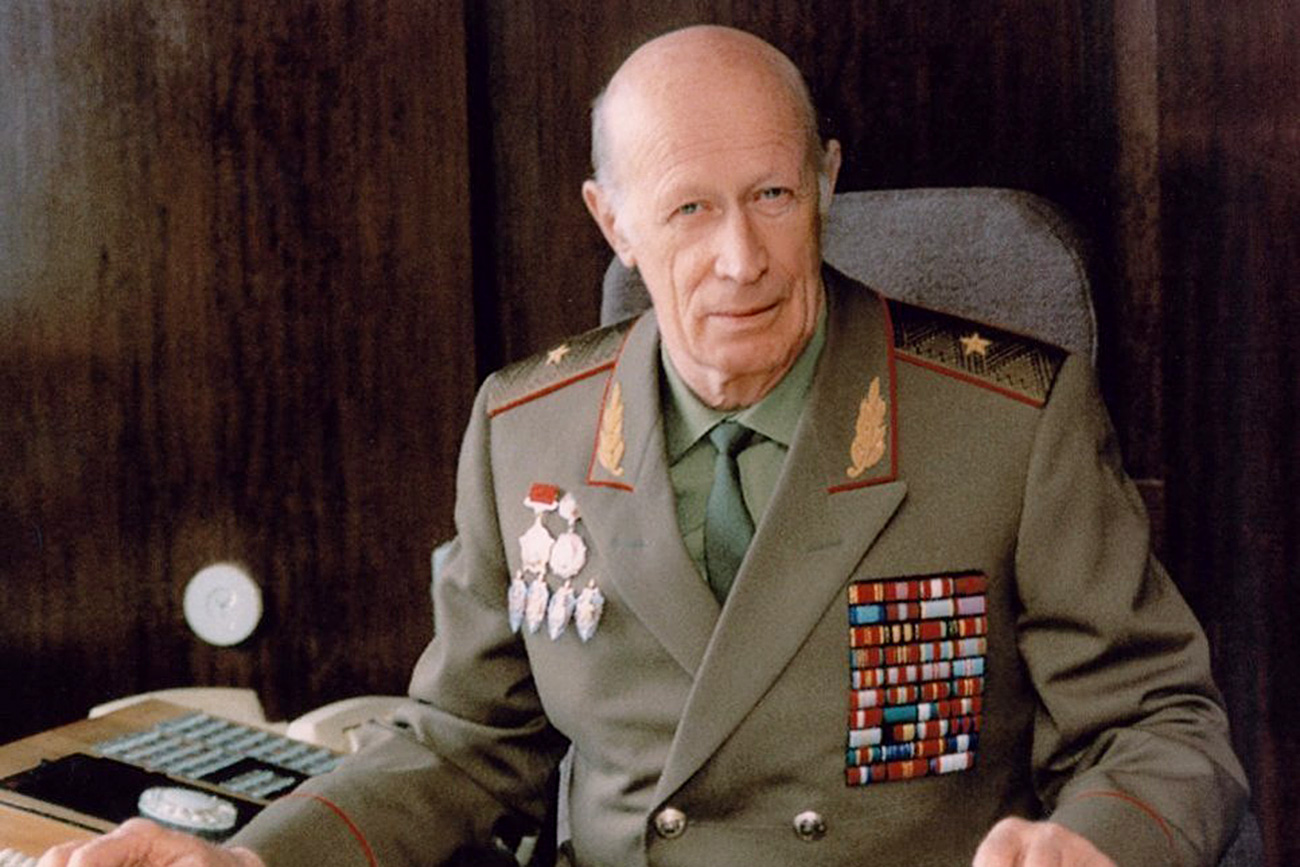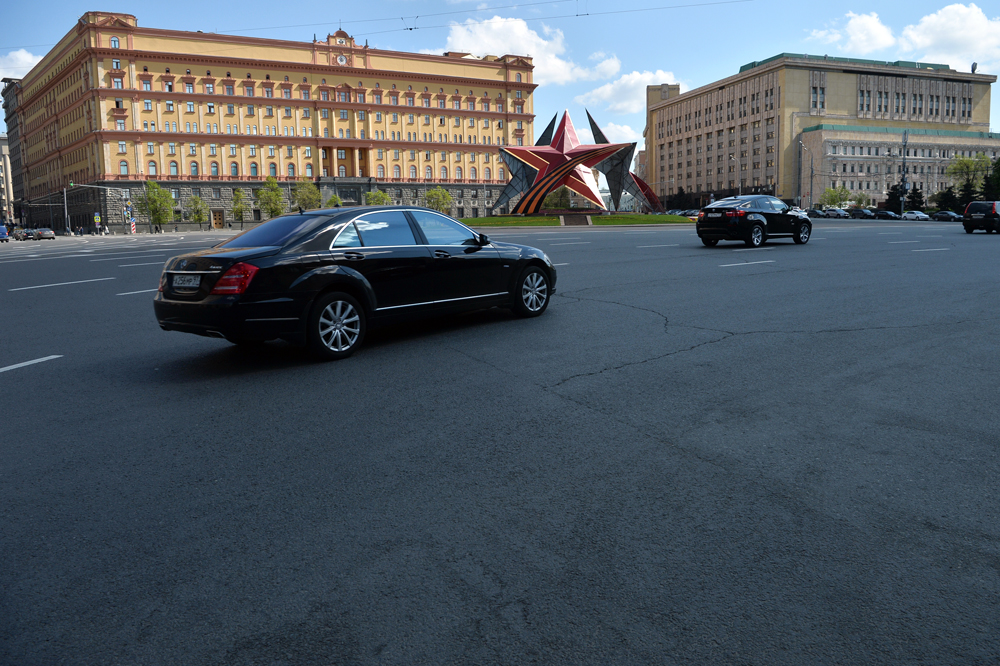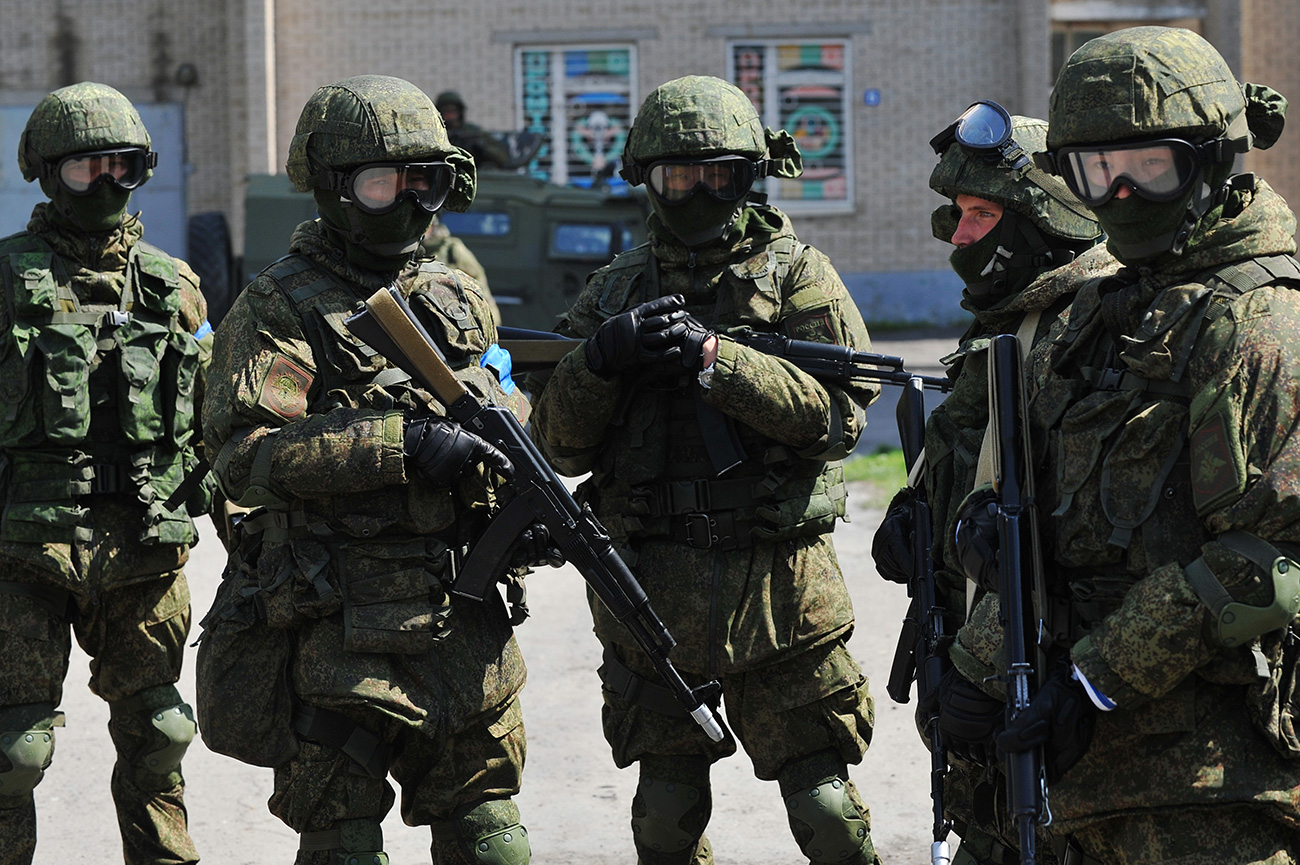Yuri Drozdov, dreaded KGB general who set up Vympel, dies at 91

General Yuri Drozdov. Source: Russia's Foreign Intelligence Service
General Yuri Drozdov, a legendary spymaster who was in charge of a large network of KGB agents abroad during the Cold War era, died in Moscow on June 21. He was 91.
Drozdov, was feared and highly respected by Moscow’s allies and rivals alike, and had a career that spanned almost four decades.
After graduating from the Military Institute of Foreign Languages in 1956, he joined the intelligence service. His first assignment was in East Germany, where he participated in several important missions. He worked in close contact with the East German secret police Stasi.
At the KGB, Drozdov was responsible for operative work with the so-called ‘illegals’ unit, which comprised of undercover intelligence officers who lived and worked abroad under false names and bios.
This was considered to be one of the most demanding and important tasks of the KGB Foreign Intelligence Directorate.
Abel-Powers exchange
Drozdov’s most famous mission involved the exchange of Soviet intelligence officer Rudolf Abel for U.S. spy plane pilot Francis Gary Powers.
Rudolf Abel (real name William Fischer), who had been working as a spy for Moscow in the United States from 1948, was arrested in 1957.
He refused to cooperate with the U.S. authorities, and was sentenced to 30 years in prison. The Soviet Union actively tried to get him released.
From prison Abel corresponded with undercover officers of the Soviet intelligence service. The most important of these officers was his “cousin” Yuri Drozdov.
Moscow and Washington finally decided that Abel would be exchanged for Powers, who was captured in 1960 while flying over Soviet territory on a U-2 spy plane that was shot down by the Soviet anti-aircraft forces.
The exchange took place in 1962 on the Glienicke Bridge, a border between East and West Germany.
Assault on Amin’s palace
In 1979, the Soviet authorities decided to assassinate Afghan President Hafizullah Amin, who was suspected of having close ties with the CIA.
The operation was assigned to the KGB and Soviet Army special units. Drozdov played a major role in what was called Operation Storm-333.
Under this operation, Soviet Special Forces stormed Amin’s residence, the Tajbeg Palace, on December 27, 1979. In his memoir years later, Drozdov recalled what Soviet leader Yuri Andropov told him on the telephone just before the operation: “We don’t want this, but we must.”
This operation was a part of the Soviet invasion of Afghanistan.
Birth of the KGB Spetsnaz
Inspired by the successful attack on the Tajbeg Palace, Andropov called for the establishment of the KGB Special Forces Elite Squad. The idea was supported by Drozdov, and in 1981, the Vympel Group was formed.
The group specialized in activities abroad. It was tasked with deep penetration into enemy territory, direct and covert action, the protection of Soviet embassies, and the activation of espionage cells in case of war.
Drozdov became both a mentor and curator of this new elite force.
Respected by rivals
Drozdov was widely praised by the enemies of the USSR. Western media outlets referred to him as a “legendary spy,” while English writer and former spy Frederick Forsyth said Drozdov was one of the most significant Russian spymasters.
He participated in several special operations, but most of the information concerning his missions is still classified. It is however known that Drozdov, under diplomatic cover, served as the resident KGB officer in China in 1964-68, and in the United States in 1975-79.
If using any of Russia Beyond's content, partly or in full, always provide an active hyperlink to the original material.
Subscribe
to our newsletter!
Get the week's best stories straight to your inbox

